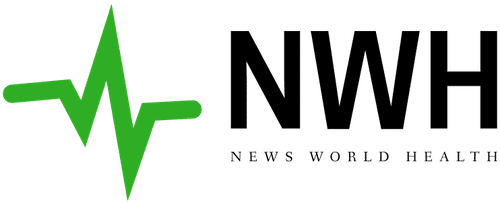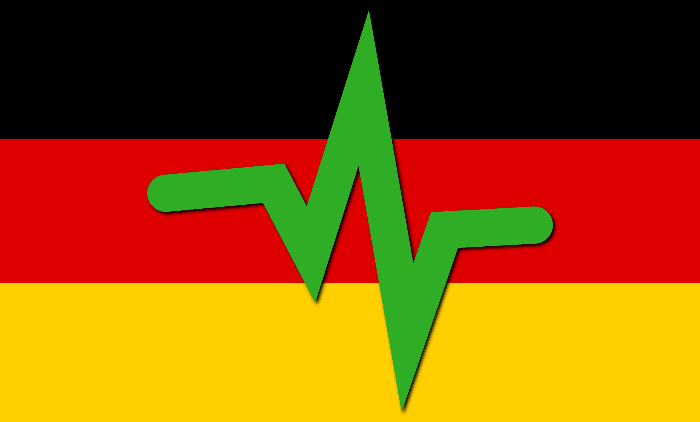Minipill also leads to a slightly higher risk of breast cancer – Health
[ad_1]
The risk is relatively small and the benefit of reliable contraception is undisputed. However, since the discussion about hormonal contraception with the pill is often passionate, danger reports are noticed with particular attention. It is against this background that the results of cancer researchers from Oxford can be seen in the specialist magazine Plos Medicine have appeared. Accordingly, there is a relatively low risk associated with taking the pill breast cancer to fall ill – regardless of whether it is a conventional combination preparation or the “mini pill” consisting only of progestins.
Valerie Beral’s team analyzed data from almost 10,000 women with breast cancer and recorded how long they took which form of the pill. The study participants were between 20 and 49 years old. Women of similar age with comparable characteristics, but without cancer, served as a comparison group. Accordingly, the relative risk of developing a breast tumor from taking the pill increased by 20 to 30 percent – “statistically significant, but comparatively low,” as the authors write.
A 20 to 30 percent increase in risk sounds like a lot, but in absolute terms it means there will be eight more cases of breast cancer if 100,000 women under 20 use birth control for five years – that’s a risk increase from 0.084 to 0.093 absolute percent. Since the risk of cancer increases with age, independently of other risk factors, the figures are slightly different for women between the ages of 35 and 39. For them, there would be an additional 265 breast cancer cases per 100,000 women in connection with the pill; this corresponds to an increase from 2.0 to 2.2 absolute percent.
So far it was uncertain whether the “mini pill” also increased the risk of cancer
“Our results show that all types of the minipill are associated with a slight increase in breast cancer risk, which is similar to that of the combination pills,” says Kirstin Pirie, who was involved in the study. “Because the risk of cancer increases with age, the additional risk from the pill is lower in younger women.” However, Pirie emphasizes that the comparatively low risks of breast cancer are correctly classified and against the background of the benefits of hormonal drugs, which have been well documented for years prevention would have to be seen. It is known that unsafe contraceptive methods and unwanted pregnancies lead to various health risks, such as an increased risk of thrombosis or the complications of an abortion. All in all, this could lead to greater harm for women.
It has long been known that combined preparations of estrogens and progestins are associated with a slightly increased risk of breast cancer, which disappears again after stopping the pill. It was previously uncertain whether the “mini pill” made from progestogens would also have this slightly higher risk of cancer. The “mini-pill” is enjoying growing popularity and has already almost matched the prescription figures for combination pills in Great Britain. However, the “mini-pill” does not prevent quite as well as the conventional pill and is preferably taken by women who are breastfeeding, smoke or have an increased tendency to thrombosis for other reasons.
In the current study, the tumor risk also decreased again when the “mini-pill” was discontinued. The slightly increased likelihood of developing breast cancer was independent of whether the progestogens were administered orally, by injection, implanted or intrauterinely. Overall, the observation period lasted an average of 15 years, so the researchers cannot make any statements about long-term risks. The dosages of estrogens and progestins in the combination preparations and of progestins in the “mini-pill” are now lower than they used to be, so that there could have been shifts in the risk profile during the study period from 1996 to 2017.
It has been known since 2002 at the latest that hormone administration during menopause can increase the risk of breast cancer and cardiovascular diseases. In menopausal women, however, the function of the ovaries has largely ceased, so that they only have low endogenous hormone concentrations. In contrast, the hormone levels in women who use the pill are significantly higher. As a result, it is far less clear what effect supplemental hormones have on cancer risk in premenopausal women.
[ad_2]
Source link



